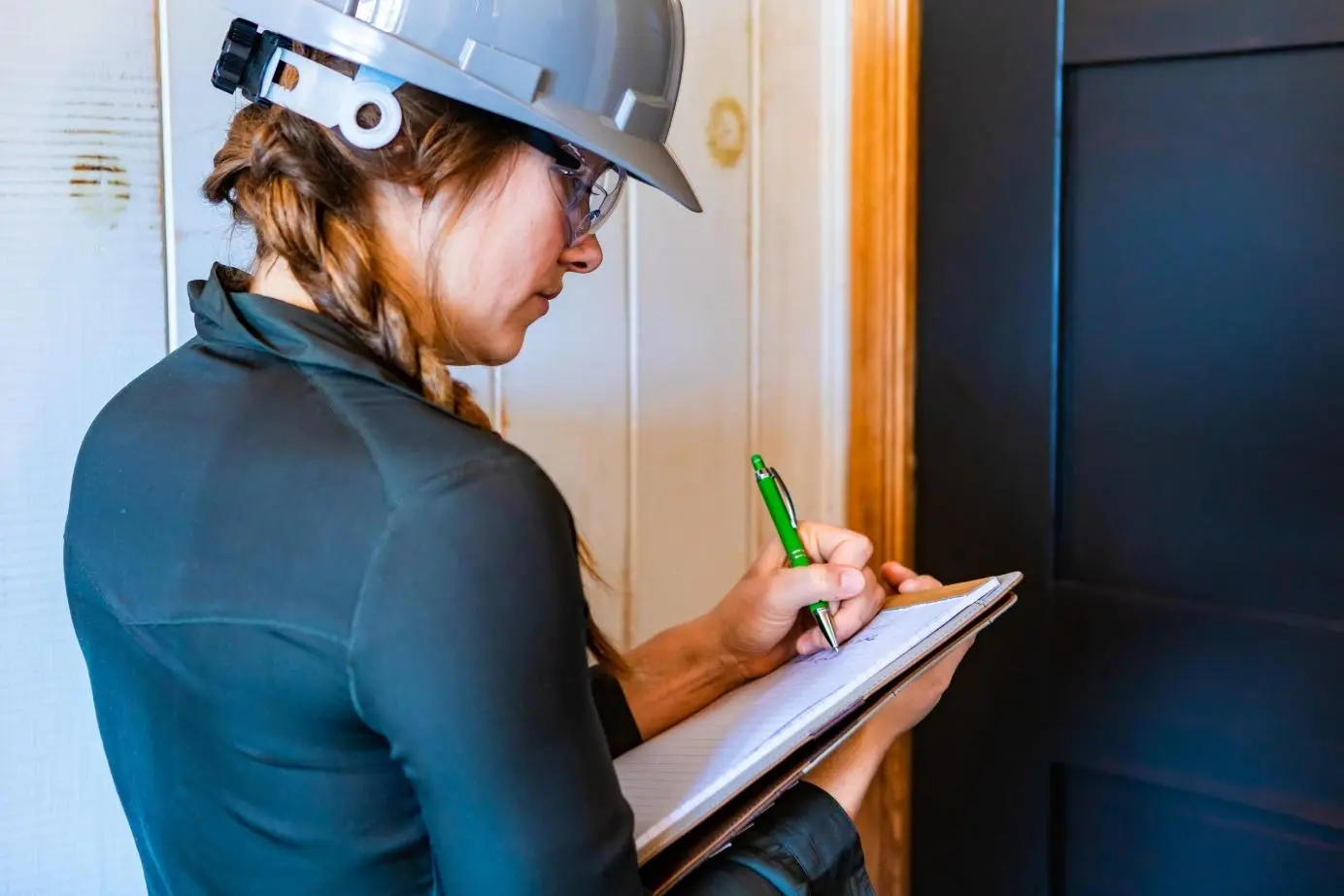A home inspection is a critical step in the home buying process, where a certified professional thoroughly examines a property and documents the findings in a detailed written report.
Whether you plan to purchase your home outright or secure a mortgage—which is more common—hiring a qualified home inspector to visually assess the property is essential.
This inspection helps identify health, safety, and major mechanical issues that need to be addressed, ensuring that the property meets building codes and safety standards. This is especially crucial when purchasing a home in poor condition, as it allows you to understand the extent of future repairs and investments beyond the purchase price.
A home inspector will evaluate the property for malfunctioning, deficient, or unsafe elements. There are two main types of home inspections: buyer’s inspections and seller’s inspections. As the name implies, a buyer’s inspection occurs after an offer has been made but before closing the sale.
Following the inspection, buyers have the opportunity to renegotiate the offer or request that sellers repair specific issues. Conversely, a seller’s inspection—also known as a pre-listing inspection—takes place before a home is listed for sale. Some sellers use this inspection to identify and address problems ahead of time, potentially speeding up the closing process and boosting the home’s curb appeal and market value.
How Long Does a Home Inspection Take?
The duration of a home inspection depends on the size of the property and other variables, but typically ranges between two and four hours. Additional factors influencing the time include the number of defects found, the seller’s cooperation in preparation, and the thoroughness of the inspector.
It’s advisable to allocate at least four hours to the inspection to ensure a comprehensive evaluation, as rushing the process can lead to overlooked issues.
Key Areas to Focus on During a Home Inspection
Home inspectors evaluate various critical components of a home. Below are some of the most important areas to consider during the inspection process.
- Roof
The roof is one of the most vital elements to assess when determining the extent of potential repairs. Inspectors verify that the roof protects the home adequately from weather damage and wear.
Indicators of roof damage or degradation will be noted in the inspection report, which can be used to negotiate price adjustments or to plan for repairs with a roofing specialist.
An inspector can also provide an estimate of repair costs, helping buyers understand the financial investment needed after purchase and make an informed decision.
- HVAC System
Inspectors carefully evaluate the Heating, Ventilation, and Air Conditioning (HVAC) system through a visual inspection. They will examine ducts, thermostats, furnaces, air conditioning units, and heat pumps. Specific heating appliances may require a licensed professional.
Inform your inspector about these appliances to ensure proper evaluation. They also look for signs of carbon monoxide leaks, which pose serious health risks. After the visual check, the inspector will test the system’s operation manually.
- Electrical System
Home inspectors thoroughly assess the electrical system starting with the exterior wiring leading into the electrical panel. It’s important to ensure no trees, bushes, or shrubs interfere with electrical wires.
In newer neighborhoods, wiring is typically underground, while older homes may have visible overhead wiring. Inspectors look for exposed metal wiring and ensure insulation integrity to prevent potential hazards.
The electrical panel is inspected to verify that all connections are secured with circuit breakers, sized correctly to handle the home’s electrical load. Copper wiring is preferred over aluminum for safety, and all wiring should be properly secured without looseness.
To learn more about comprehensive home inspection services, check out Ellingwood Pro service areas:
In addition to the structural and mechanical systems, home inspectors often review plumbing, insulation, windows, doors, and foundation issues. These components affect the quality, safety, and value of the property. Understanding the scope of what inspectors cover can prepare buyers for negotiations and give sellers insight into improvements that enhance property appeal.
Overall, a professional home inspection provides peace of mind and valuable insights, enabling informed decisions throughout the home buying or selling process.



